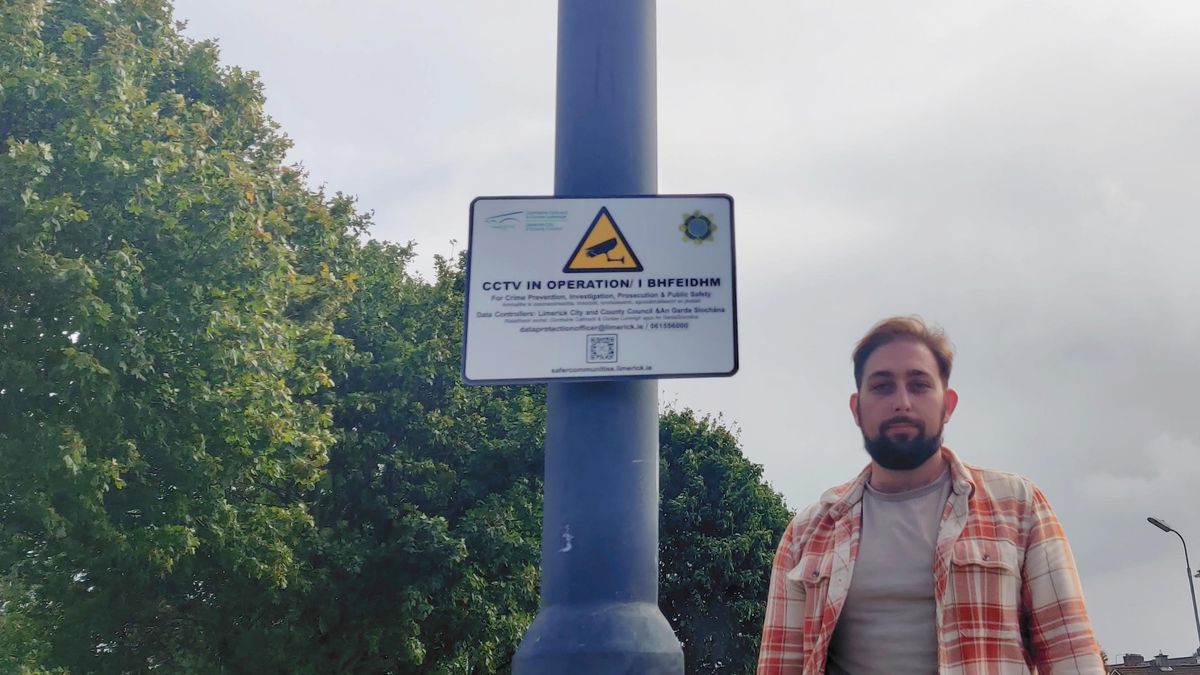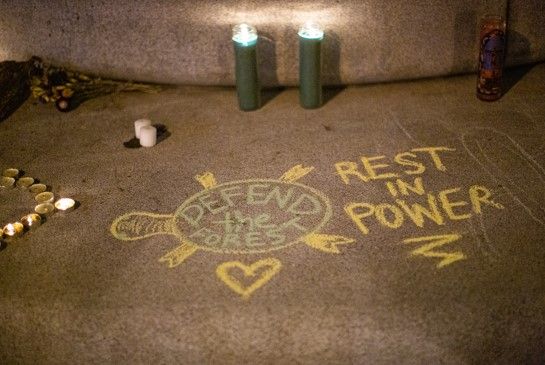Over €2.5 million spent on Limerick City and County Council CCTV system since 2017
People Before Profit representative for Limerick City, Ruairí Fahy, calls for greater emphasis on tackling social exclusion in light of €2.5 million CCTV costs

That’s according to figures released to local People Before Profit representative Ruairí Fahy by Limerick City and County Council.
The total cost for maintaining the public realm Community CCTV systems between January 2017 and June 2023 was €2,318,801.
Additional costs of €378,073 were incurred dealing with the issues raised by the Data Protection Commission in relation to breaches of the GDPR.
In response to the costs Mr. Fahy said, “about half as much has been spent by the Council covering fines and maintaining, what amounts to a mass surveillance system on the most deprived parts of Limerick city, as has been allocated by Council budgets to the Social Inclusion Community Activation Programme administered by the Paul Partnership”
The issue of CCTV Cameras was raised at the last full council meeting in July. In that meeting the fact that some cameras were turned off was criticised by councillors. The documents reveal that the cameras that had been turned off were those “overlooking traveller[sic] accommodation sites” which had been raised as a data protection issue by the Data Protection Commission when issuing the €110,000 fine in 2022.
In the documents An Garda Síochána "express concerns that masking of cameras would hinder investigation of crimes where they need to rely on CCTV images to help and assist them in locating where an assailant fled to following a crime being committed". This masking was carried out to reduce any invasion of privacy caused by cameras facing into people's homes.
The documents also outline the data protection protocols that have now been implemented to stop any misuse of data including logging of any requests made for data access and requiring Gardaí to provide a legal basis for requesting data in accordance with the Criminal Justice (Surveillance) Act 2009.
“Studies find that the majority of people report that CCTV cameras make them feel safer but those studies also find that CCTV cameras don’t actually reduce thefts and assaults. To actually stop crime we need to be looking at tackling the underlying conditions of poverty and deprivation that lead to crime. In this cost of living crisis, it means providing funding for sports clubs, art and music spaces, providing different vocational education paths and adequately resourcing mental health supports. It means a human focused approach that makes people in the poorest parts of the city feel a part of society instead of being walled off in the margins.”



